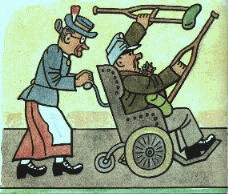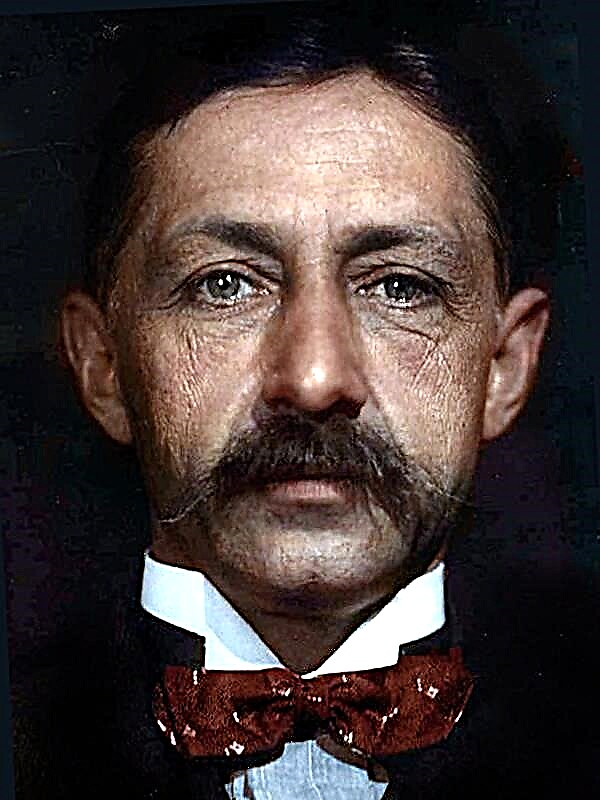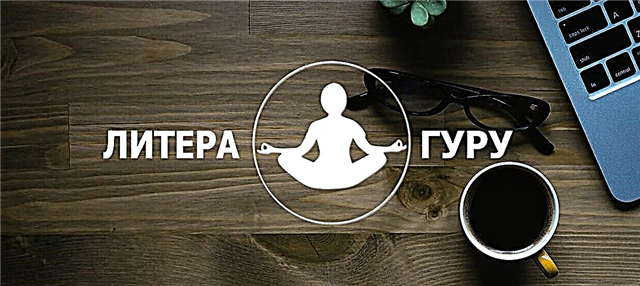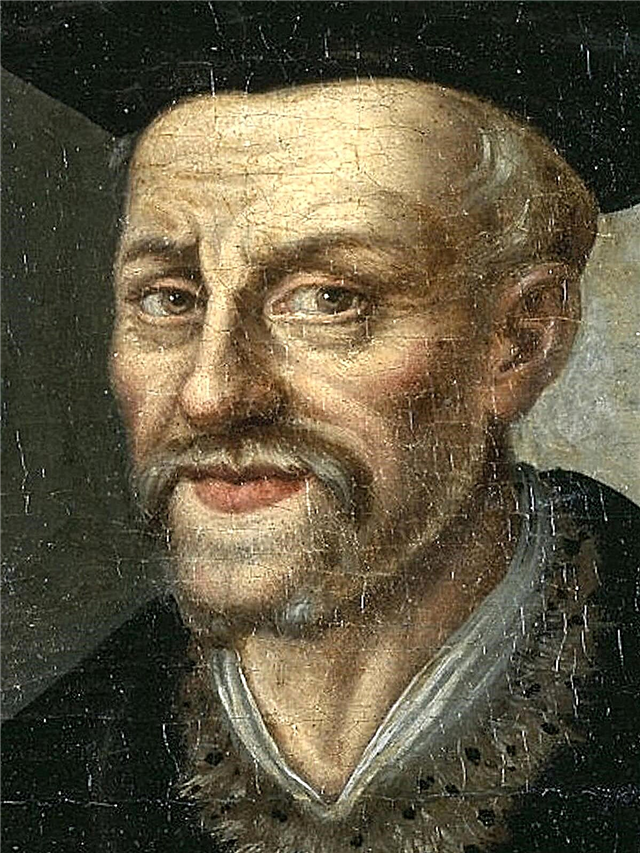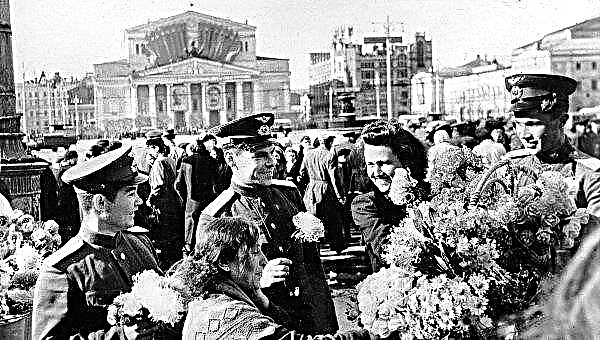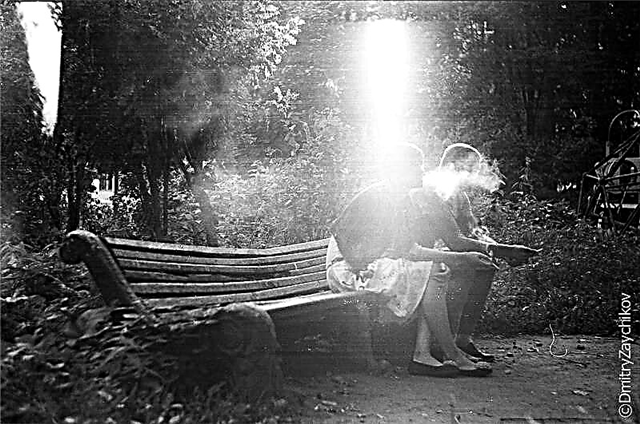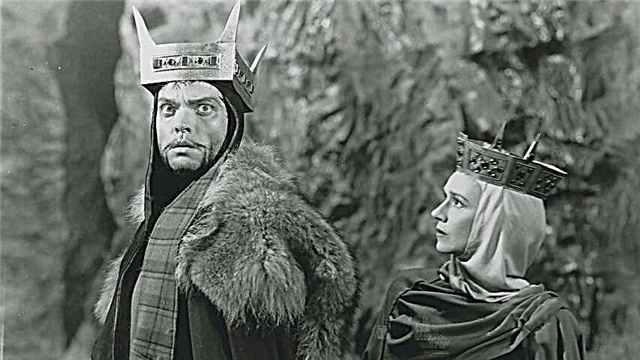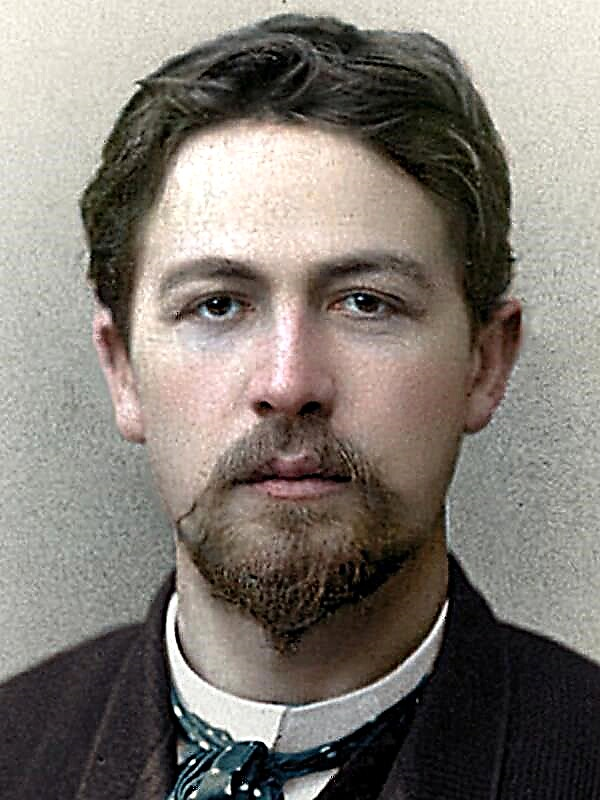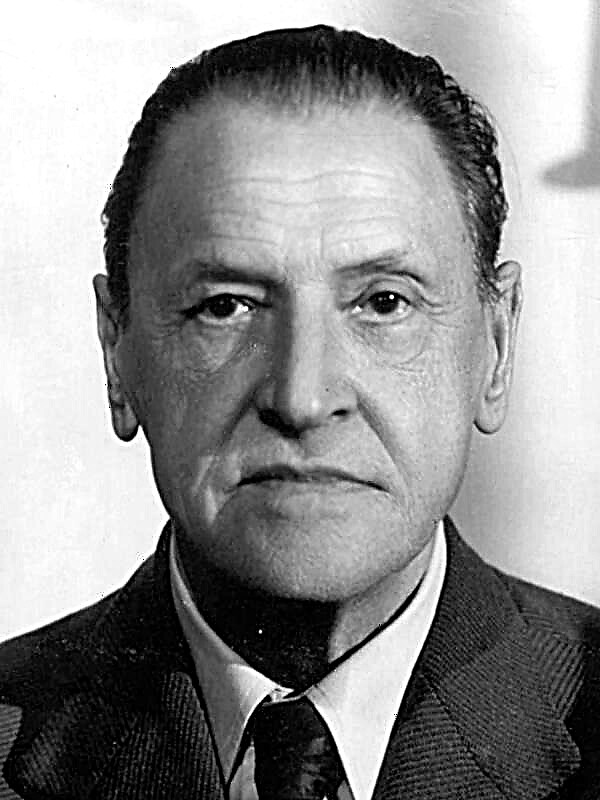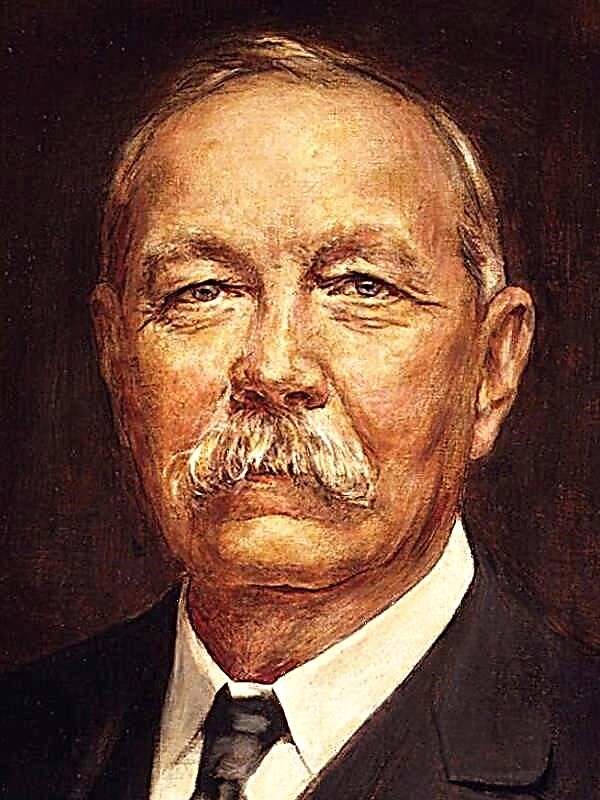A ragged little chaise departs from the county town of the N-gubernia in July morning, in which the merchant Ivan Ivanovich Kuzmichyov, rector of the N-ch church about. Christopher of Syria (“a little long-haired old man”) and Kuzmichov’s nephew, a boy Egorushka of nine years old, sent by his mother, Olga Ivanovna, the widow of the college secretary and Kuzmichov’s sister, to enter the gymnasium in a big city. Kuzmichyov and Fr. Christopher go to sell wool, Egorushka captured along the way. He is sad to leave home and part with his mother. He is crying, but oh. Christopher consoles him, saying the usual words that learning is light, and ignorance is darkness. Sam about. Christopher was educated: "I was not yet fifteen, but I already spoke and composed poetry in Latin anyway as in Russian." He could have made a good church career, but his parents did not bless him for further studies. Kuzmichyov is against unnecessary education and considers sending Yegorushka to the city a whim of his sister. He could attach Yegorushka to the cause without teaching.
Kuzmichyov and Fr. Christopher is trying to catch up with a convoy and a certain Varlamov, a famous merchant in the county, who is richer than many landowners. They come to the inn, the owner of which, the Jew Moses Moiseich fawns before the guests and even the boy (he gives him the carrot intended for the sick son of Naum). He is a "little man" for whom Kuzmichyov and the priest are real "gentlemen." In addition to his wife and children, his brother Solomon lives in his house, a man proud and offended by the whole world. He burned his inherited money, and now turned out to be a brother’s instigator, which caused him suffering and a semblance of masochistic pleasure. Moses Moiseich scolds him, about. Christopher regrets, but Kuzmichyov despises.
While the guests are drinking tea and counting the money, Countess Dranitskaya, a very beautiful, noble, rich woman, who, as Kuzmichyov says, is “robbed” by some Pole Kazimir Mikhaylych, comes to the inn: “... young and stupid. In my head, the wind walks like that. ”
Caught up with the convoy. Kuzmichyov leaves the boy with the horsemen and sets off with about. Christopher for business. Gradually Yegorushka met new people for him: Pantelei, an Old Believer and a very sedate man who eats separately from everyone with a cypress spoon with a cross on the handle and drinks water from a lamp; Yemelyan, an old and harmless person; Dymov, a young unmarried guy whom his father sends with a convoy so that he does not spoil at home; Vasya, a former singer, who had a cold in his throat and suffering from the inability to sing more; Kiryukha, a particularly unremarkable man ... From their conversations at the halts, the boy understands that they all lived better before and went to work in the train because of need.
A large place in the story is occupied by the description of the steppe, reaching an artistic apotheosis in the thunderstorm scene, and the conversations of the reviewers. Pantelei tells scary stories at night by the fire, allegedly from his life in the northern part of Russia, where he worked as a coachman with different merchants and always got into adventures with them in inns. The robbers certainly lived there and slaughtered the merchants with long knives. Even the boy understands that all these stories are half-invented, and perhaps not even by Pantelei himself, but for some reason he prefers to tell them, rather than real events from his obviously difficult life. In general, as the convoy moves to the city, the boy seems to get to know the Russian people again, and a lot of things seem strange to him. For example, Vasya has such sharp eyesight that he can see animals and how they behave far from people; he eats a live “beaver” (a variety of small fish such as a gudgeon), while his face acquires an affectionate expression. There is something bestial in him and “not of this world” at the same time. Dymov suffers from an excess of physical strength. He is “bored”, and out of boredom he does a lot of evil: for some reason he kills already, although this, according to Pantelei, is a great sin, for some reason offends Yemelyan, but then asks for forgiveness, etc. Yegorushka does not love him and is afraid how slightly afraid of all these aliens for him men, except Pantelei.
Approaching the city, they finally meet "the very" Varlamov, whom so much was mentioned before and which, by the end of the story, acquired a certain mythological connotation. In fact - this is an elderly merchant, business and bossy. He knows how to treat both peasants and landowners; very confident in himself and his money. Against this background, uncle Ivan Ivanovich seems to Egorushka “a little man”, as Moses Moiseich seemed against the background of Kuzmichev himself.
On the way during a thunderstorm, Egorushka caught a cold and fell ill. A. Christopher in the city heals him, and his uncle is very unhappy that all the troubles are added to the care of the nephew’s device. They are about. Christopher profitably sold the wool to the merchant Cherepakhin, and now Kuzmichyov regrets that he sold part of the wool even at home at a lower price. He thinks only about money and this is very different from about. Christopher, who knows how to combine the necessary practicality with thoughts about God and the soul, love of life, knowledge, almost fatherly affection for the boy and so on. Of all the characters in the story, he is the most harmonious.
Yegorushka is attached to his mother’s old friend Nastasya Petrovna Toskunova, who wrote off a private house to her son-in-law and lives with her little granddaughter Katya in an apartment with “a lot of images and flowers.” Kuzmichyov will pay her ten rubles a month for the maintenance of the boy. He has already submitted documents to the gymnasium, entrance examinations should be soon. Having given Yegorushka a dime, Kuzmichyov and Fr. Christopher leaving. The boy somehow feels that about. He will not see Christopher again. “Egorushka felt that with these people for him disappeared forever, like smoke, all that has been experienced so far; exhausted, he sat down on the bench with bitter tears and greeted a new, unknown life that was now beginning for him ... What will this life be like? ”

